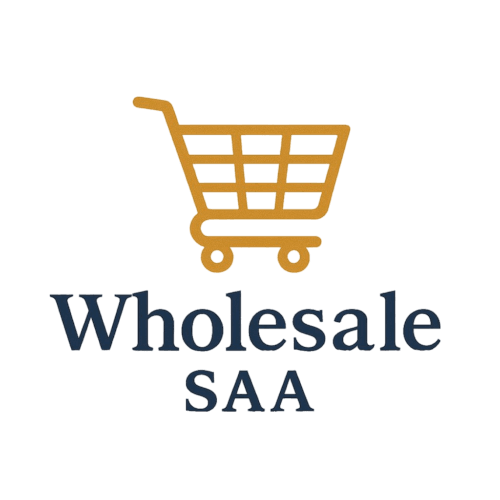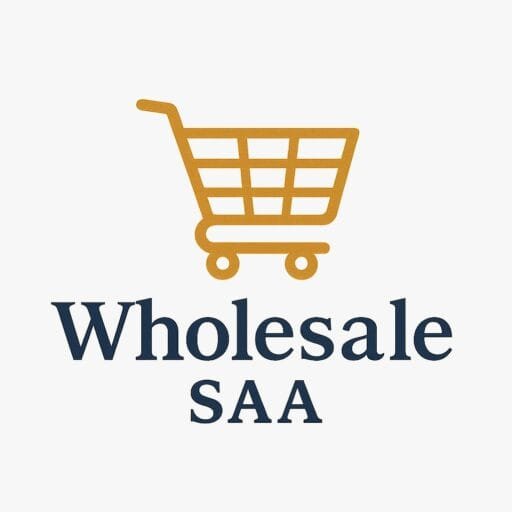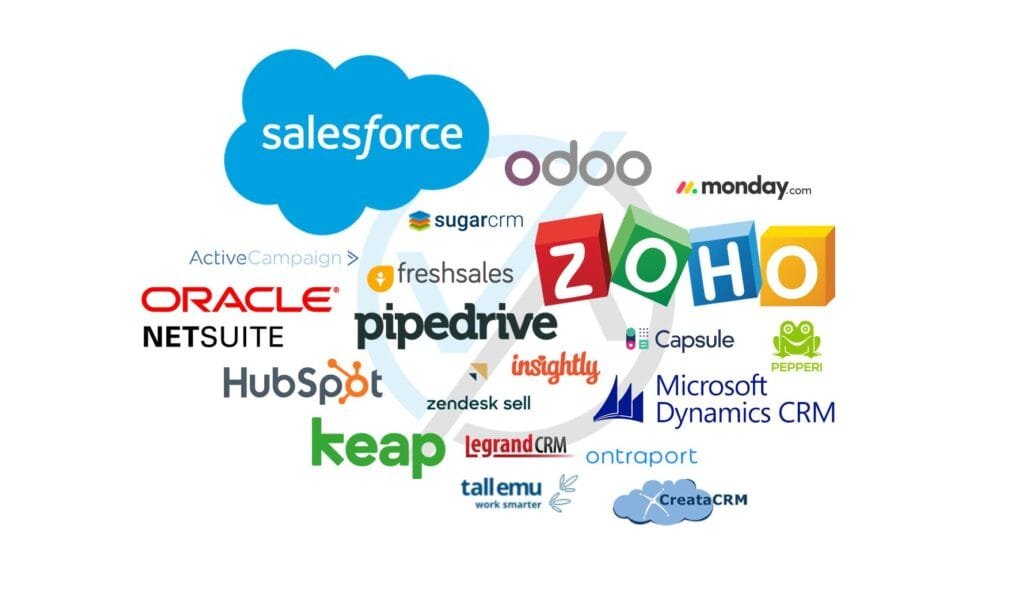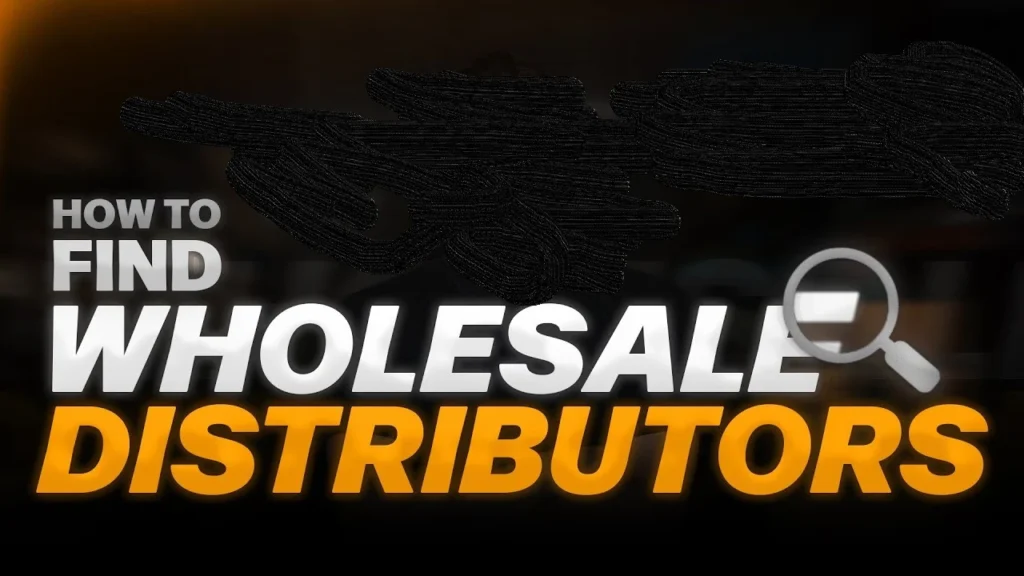So, you’re thinking about launching a wholesale business? Maybe you’ve found a niche product, discovered an untapped market, or you’re simply ready to swap your nine-to-five for pallets and purchase orders. Exciting stuff! But before you start picturing your warehouse brimming with inventory, there’s a less glamorous, yet critical side to this journey: legal considerations.
Yes, we know, “legal” sounds dry. But stick around: understanding these legal steps can save you headaches, fines, and future lawsuits. Plus, we’ll keep it light, engaging, and as jargon-free as possible. Now, let’s dive into the key legal considerations when starting your wholesale business, one practical step at a time.
1. Choosing the Right Business Structure:
LLC? Corporation? Or Maybe a Partnership?
Before you even print your first invoice, decide how your business will be legally structured. Why? Because your choice affects everything: taxes, personal liability, and the amount of paperwork you’ll face.
Sole Proprietorship: Easiest to set up, but risky. If your business gets sued, your assets could be on the line.
Limited Liability Company (LLC): It’s popular for wholesalers, offers liability protection, and flexible tax treatment.
Corporation (C-Corp or S-Corp): Better for larger operations or those planning to raise capital. More paperwork but stronger credibility.
Partnership: Great if you’re teaming up, but be sure to draft a detailed partnership agreement to avoid future disputes.
Pro Tip: Consult with a business attorney and a tax advisor. Yes, it costs money, but it can save you thousands later.
2. Registering Your Business:
The Not-So-Optional Step
Don’t skip this! You’ll need to officially register your business with the state where you plan to operate.
Business Name Registration: Ensure your chosen name isn’t already taken. Consider trademarking it if it’s unique.
State Registration: Typically required for LLCs, corporations, and sometimes even sole proprietors.
Federal Employer Identification Number (EIN): Think of this as a Social Security number for your business. Required for hiring employees, opening a business bank account, and more.
Once registered, you’re officially legit and ready to open that shiny business bank account.
3. Getting a Wholesale License (Reseller’s Permit):
Your Golden Ticket
To buy products tax-free from suppliers and sell them to retailers, you’ll need a wholesale license or reseller’s permit.
Why it matters: Without it, suppliers might refuse to sell to you, and you could end up paying unnecessary sales tax.
How to get it: Apply through your state’s Department of Revenue or similar agency.
Keep it current: These licenses often need renewal.
Fun Fact: In some states, you’ll also provide resale certificates to your suppliers.
4. Understanding Zoning and Location Laws:
Yes, Even Warehouses Have Rules
If you’re planning to run your wholesale business from your garage, or maybe you’re leasing warehouse space. Either way, check your local zoning laws.
Home-based wholesaling: Many residential areas limit or forbid commercial storage.
Leased spaces: Make sure your lease allows wholesale activities and storage.
Building codes and safety: Warehouses must comply with fire safety, loading dock standards, and more.
Don’t sign a lease until you’re sure your business activities are legal at that location.
5. Drafting Solid Supplier Contracts:
The Backbone of Your Business
You’ll be working closely with suppliers, so your contracts must protect you.
Key terms to include: Payment terms, delivery schedules, return policies, quality standards, and liability clauses.
Legal review: Have an attorney look over any agreement before you sign.
Flexibility: Account for market fluctuations, build in renegotiation terms.
Pro Tip: Clear contracts can prevent disputes and keep relationships professional.
6. Importing Goods?
Know Your Customs and Trade Laws
If your wholesale business involves importing products, prepare for more complexity.
Customs clearance: Learn about duties, tariffs, and required documentation.
Compliance: Some goods need special certifications (electronics, food, etc.).
Importer of Record: You’ll need to register or partner with a licensed customs broker.
Remember: Fines for non-compliance can be huge and can even result in shipment seizures.
7. Understanding Employment Laws
(Even If It’s Just You… For Now)
Planning to hire employees? You’ll need to comply with federal and state employment laws.
Wages and hours: Follow minimum wage, overtime, and break regulations.
Workers’ compensation insurance: This is usually mandatory.
Employee vs contractor: Misclassification can lead to big fines.
Even if you’re the only worker, you might still need insurance. Always double-check.
8. Intellectual Property:
Protecting Your Brand and Avoiding Infringement
Your brand name, logo, and product names can be some of your most valuable assets.
Trademarks: Consider registering them to prevent copycats.
Copyrights: Protect creative works like catalogs, product photos, and website content.
Avoiding infringement: Always verify that your products don’t violate others’ IP rights.
Protecting your IP helps you build brand loyalty and business value.
9. Taxes:
Beyond Just Sales Tax
Taxes get complicated quickly in wholesale businesses.
Sales tax: Often collected from retailers you sell to, unless you have their resale certificates.
Use tax: Applies when you buy taxable items for business use instead of resale.
Income tax: You’re taxed depending on your business structure.
Excise tax: Certain products (alcohol, tobacco, etc.) may trigger special taxes.
Tip: Work with a tax professional early to avoid surprises at year-end.
10. E-commerce and Privacy Laws:
Selling Wholesale Online
Many wholesalers sell through online platforms or direct business portals.
Privacy policies: Required if you collect customer data.
PCI compliance: If you accept credit card payments.
State and international rules: Like California’s CCPA or Europe’s GDPR.
Selling online broadens your market, but increases your legal obligations.
11. Insurance:
Don’t Skip It!
Legal compliance often requires or strongly suggests insurance.
General liability insurance: Covers accidents and property damage claims.
Product liability insurance: Essential if you’re selling physical products.
Business interruption insurance: Protects income if unforeseen events shut you down temporarily.
Think of insurance as your safety net; it keeps surprises from becoming disasters.
12. Exit Strategy and Succession Planning:
Yes, Even at the Start
What happens if you decide to sell your business or retire?
Buy-sell agreements: Crucial if you have partners.
Business valuation: Understand how to value your inventory and contracts.
Legal transfer: Plan for how licenses and contracts will be passed on.
Planning ahead makes your business more attractive to investors or buyers.
Legal Stuff Is Boring… Until It Saves Your Business
Starting a wholesale business is thrilling. You get to spot trends, source products, and build something real and tangible. But none of it lasts if you don’t build it on a solid legal foundation.
While every wholesale business is unique, these key legal considerations, from getting your wholesale license to drafting supplier contracts, apply almost universally. And the good news? Once you handle them upfront, you’ll spend less time worrying about regulations and more time growing your business.






